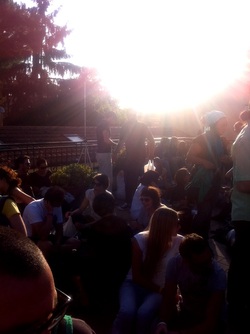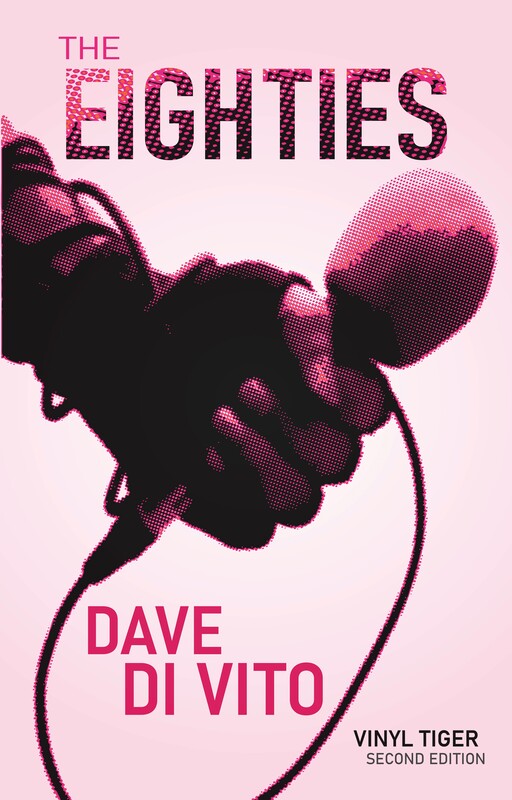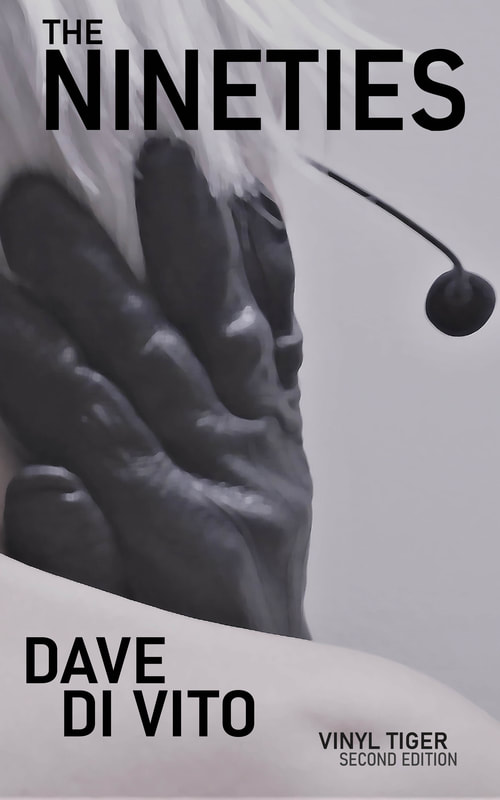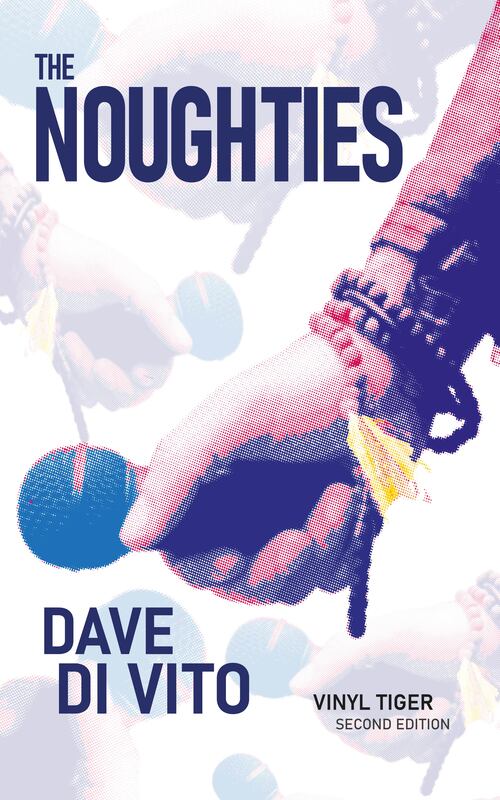 In the current political and economic climate, much has been said of the erosion of the quality of life in Italy. It's probably safe to say that in this respect, Italy is not alone in the EU, as people generally lament the direction Europe is heading in, particularly with substantial obstacles in the way of currency, migration, employment and perceived distances between political representation and daily realities. That said, many of Europe's metropoli continue to forge ahead, even in the face of severe social funding cuts. Rome is a seasonal city, where climate and seasons play a large role in defining the social calendar. But although it can be expensive for visitors, its a city that by necessity is marked by thriftiness. Though the official population of Rome is listed as four million, it is widely believed that the real number is somewhere closer to six million. The disparancy is attributed to a huge transient population, mostly believed to be made up of people without official papers, permissions and residency, who although invisible, often bear the brunt of the frustrations of legalresidents. When you consider the amount of people who exist but don't exist, the picture of the economic realities of the city come sharply into focus. Italy, has the fourth largest economy in the EU, and yet its salaries are amongst the lowest in the OECD. The Economist recently reported that its GDP growth in the last decade was lower than all other countries bar Zimbabwe and Haiti. As in most western economies, there is a deep gulf between the haves and have nots, and those who don't have money contribute to the two tiered pereception of Italians; those who are highly visible, living the lavish dolce vita; and those who continue to personify the stereotype of a tight, cunning people who are out to save a euro at any cost. Being without official papers and permissions usually relegates you into the second category. But its a category filled with good company and from this perspective, a long held summer tradition was born. Estate Romana, now a broad term referring to a huge array of events that take place in the city throughout the summer months, was originally envisaged as a means to provide locals with entertainment and the possibility of recreation when their finances wouldn't allow them to head to the seaside or mountains as those who have the means do en masse every July-August. Museums opened their doors free of charge, transport was free and temporary outdoor cinemas sprung up throughout the many districts of Rome to occupy its citizens on the warm, balmy summer nights. This program eventually evolved into a city wide institution, augmented by summer concerts (that now attract headline acts) and other cultural events, that take place nightly throughout the city. The idea of Summertime Rome as being shuttered and closed works in favor of the Summer program, as the idea of deserted, traffic less streets adds additional appeal to residents who take great pleasure in enjoying the events in all manner of sites, ranging from local schoolyards through to the show stopping Roman landmarks that dot the city (this year sites that are hosting events include the Roman Forum, the Baths of Caracalla and Villa Ada). For a city which often seems to crumble under the lack of its infrastructure, this is a thoughtful and well executed program which is played out in all of its suburbs. In many respects, the Estate Romana offers a viable alternative that some residents actively look forward to in the same way others look forward to seaside vacations. In the spirit of the Roman Summer, I tagged along with a group of friends on Sunday night to a free event in one of the city's many burbs. Near Porta Furba, practically under one of Rome's sensational aqueducts, we, along with almost 200 other young Romans watched two DJs unfold their sets of ambient electronica, all played out on someone's rooftop. The host didn't ask for any money, just that we quietly and respectfully watched the performances, brought our own aperitifs and snacks, and that we cleaned up after ourselves at the end of the night. Both our host and the DJ's offered themselves up free of charge, out of passion for what they do, and what they believe in, and although the DJ set won't be found on any of the Estate Romana programs, it's an example of how a metropolis can very easily placate and satiate its inhabitants without a huge amount of effort, expense and fanfare. Happy summer!
0 Comments
|
Dave
|
|
|
Dave Di Vito is a writer, teacher and former curator.He's also the author of the Vinyl Tiger series and Replace The Sky.
For information about upcoming writing projects subscribe to the mailing list. Dave hates SPAM so he won't trouble you with any of his own. He promises. |




 RSS Feed
RSS Feed